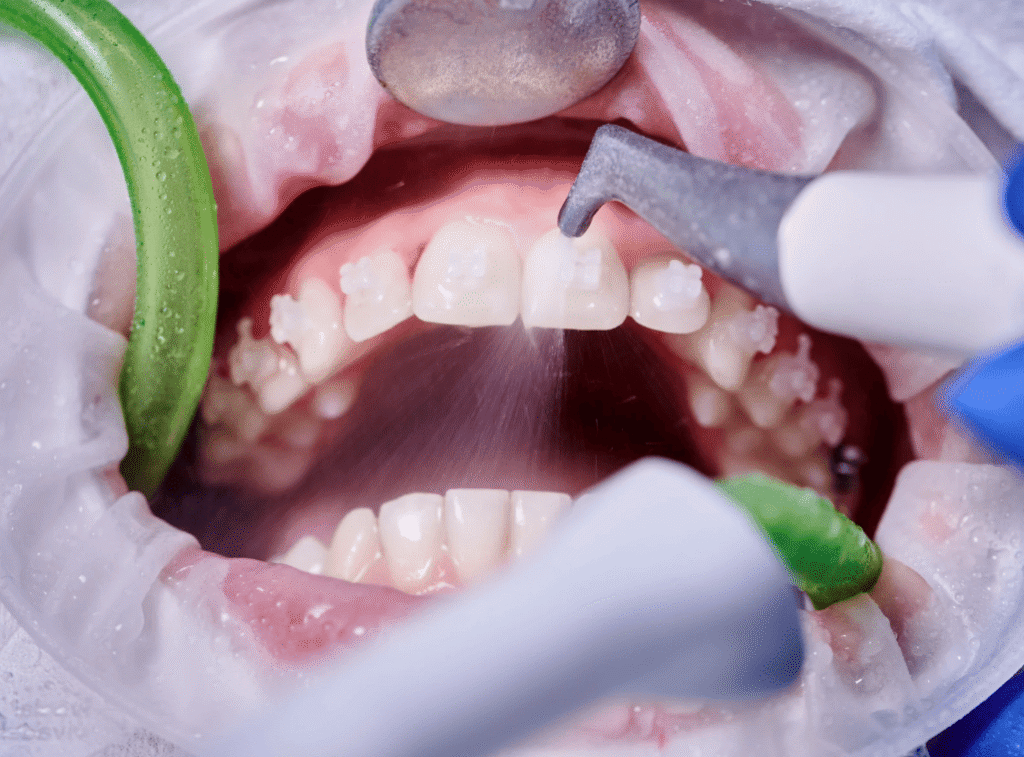

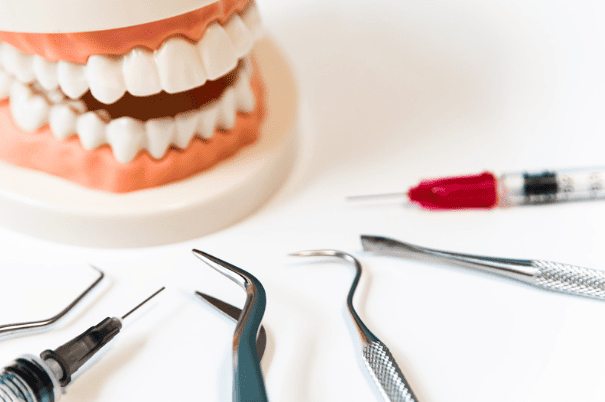

Periodontal disease, also called gum disease, can be classified into two main stages: gingivitis and periodontitis.
According to the World Health Organization, about 50% of adults worldwide are affected by gum disease to varying degrees, with the prevalence increasing significantly with age.
The primary cause of Periodontal disease is the buildup of dental plaque—a sticky film composed of food particles, bacteria, and saliva. If not removed promptly, plaque can harden into tartar, which triggers gum inflammation and leads to gum disease.
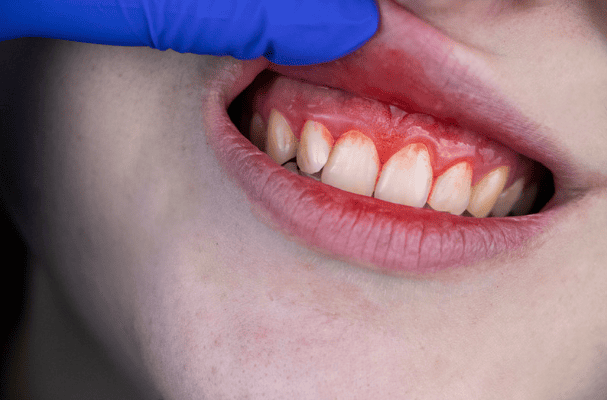

If you experience one or more of the following symptoms, it’s advisable to consult a dentist promptly:
Bleeding during brushing or biting hard foods may indicate gum inflammation.
Gums turning from pink to dark red, accompanied by swelling and tenderness, may result from plaque-induced inflammation.
Chronic bad breath could be caused by bacteria within plaque.
Damage to gum tissues may compromise the structure supporting your teeth.
Receding gums expose the tooth root, increasing sensitivity and the risk of decay.


The effects of periodontal disease go beyond oral health, posing potential risks to overall well-being.
Health Department Insights: How Periodontal Disease Impacts Overall Health ->
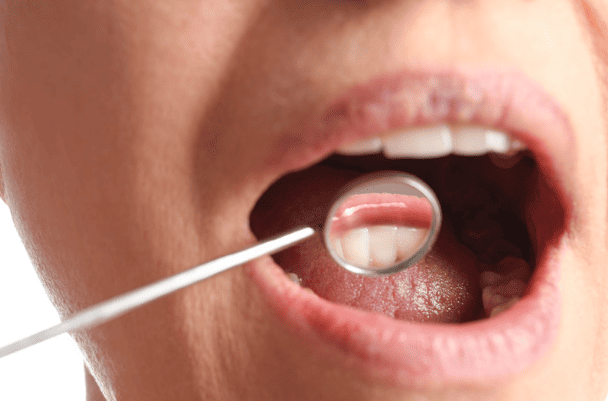

Periodontal disease is a chronic condition that requires professional treatment and cannot be completely cured with home remedies alone. Popular methods like oil pulling or using at-home scaling tools are neither effective nor medically recommended and may even worsen gum damage or infections.
Treatment options are broadly classified into non-surgical and surgical approaches. Regular follow-ups and proper oral care at home are essential for long-term results.
Non-surgical therapies are often the first choice for mild to moderate periodontal disease.
Performed by professional dentists, deep cleaning removes plaque and tartar from tooth surfaces and periodontal pockets, reducing bacterial growth.
For advanced cases of periodontal disease, surgical intervention may be necessary when non-surgical methods are insufficient.
Dentists remove damaged gum tissue and clean deep periodontal pockets to restore healthy gum structure.
In cases of severe bone loss, bone grafts are used to rebuild the supporting structures of teeth, restoring their stability.
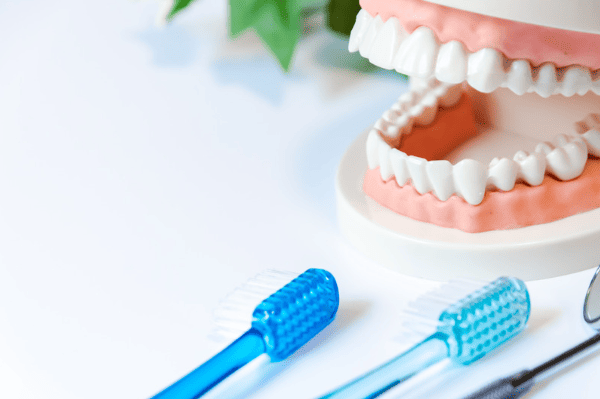

General dentists typically handle mild cases of periodontal disease, with fees generally lower than those of periodontal specialists. Specialists, however, offer tailored treatment plans for varying severity levels, which can significantly impact the overall cost.
The cost of periodontal disease treatment depends on factors such as the complexity of the treatment, the type of procedure, and the dentist’s expertise.
General dentists are well-equipped to treat mild periodontal disease, offering basic treatments like deep cleaning and medication at more affordable rates.
For moderate to severe cases, specialists design personalised treatment plans that provide more in-depth and advanced care, which generally costs more than treatments from general dentists.
Although periodontal disease is common, it is entirely preventable with good oral care habits. Here are some key measures:
Visit your dentist every six months for routine checkups and professional cleaning to detect and address periodontal issues early.
While periodontal disease is a common oral health issue, it is preventable. By maintaining good oral hygiene habits and scheduling regular dental checkups, you can significantly reduce the risk of developing periodontal disease. Early treatment and proper care are essential for ensuring optimal oral health.
Periodontal disease itself is not a contagious condition and cannot be transmitted through direct contact or airborne means. However, bacteria may be shared among family members or partners through activities like sharing utensils or close contact, which can increase the risk of developing periodontal disease. Maintaining good oral hygiene and healthy habits is essential for prevention.
Gum recession caused by periodontal disease is generally difficult to restore to its original state. Treatment focuses on improving periodontal health and slowing the progression of recession. In severe cases, soft tissue grafting surgery can be performed to enhance the appearance and functionality of the gums.
It is possible for bone to regenerate after periodontal treatment, especially with the use of bone grafting materials to encourage bone growth. However, the extent of restoration varies depending on the severity of the disease and the individual’s response to treatment. In advanced cases with significant bone loss, recovery may be more challenging and require a comprehensive treatment approach.
Disclaimer
This article is for informational purposes only and does not constitute professional dental advice. If you require dental treatment or related information, we recommend consulting a professional dentist registered with the Dental Council of Hong Kong to obtain advice and diagnosis tailored to your individual needs.
While we strive to provide accurate and reliable information, we do not guarantee the completeness or timeliness of the content. The information provided should not be considered a substitute for professional dental advice, diagnosis, or treatment. If you have any concerns, please consult your dentist or other qualified healthcare professional and follow their recommendations.


Our expert team is here for emergency and routine care to keep your smile healthy. Call or WhatsApp us today!